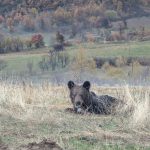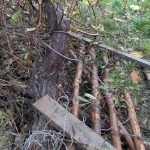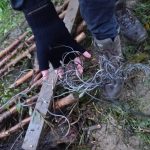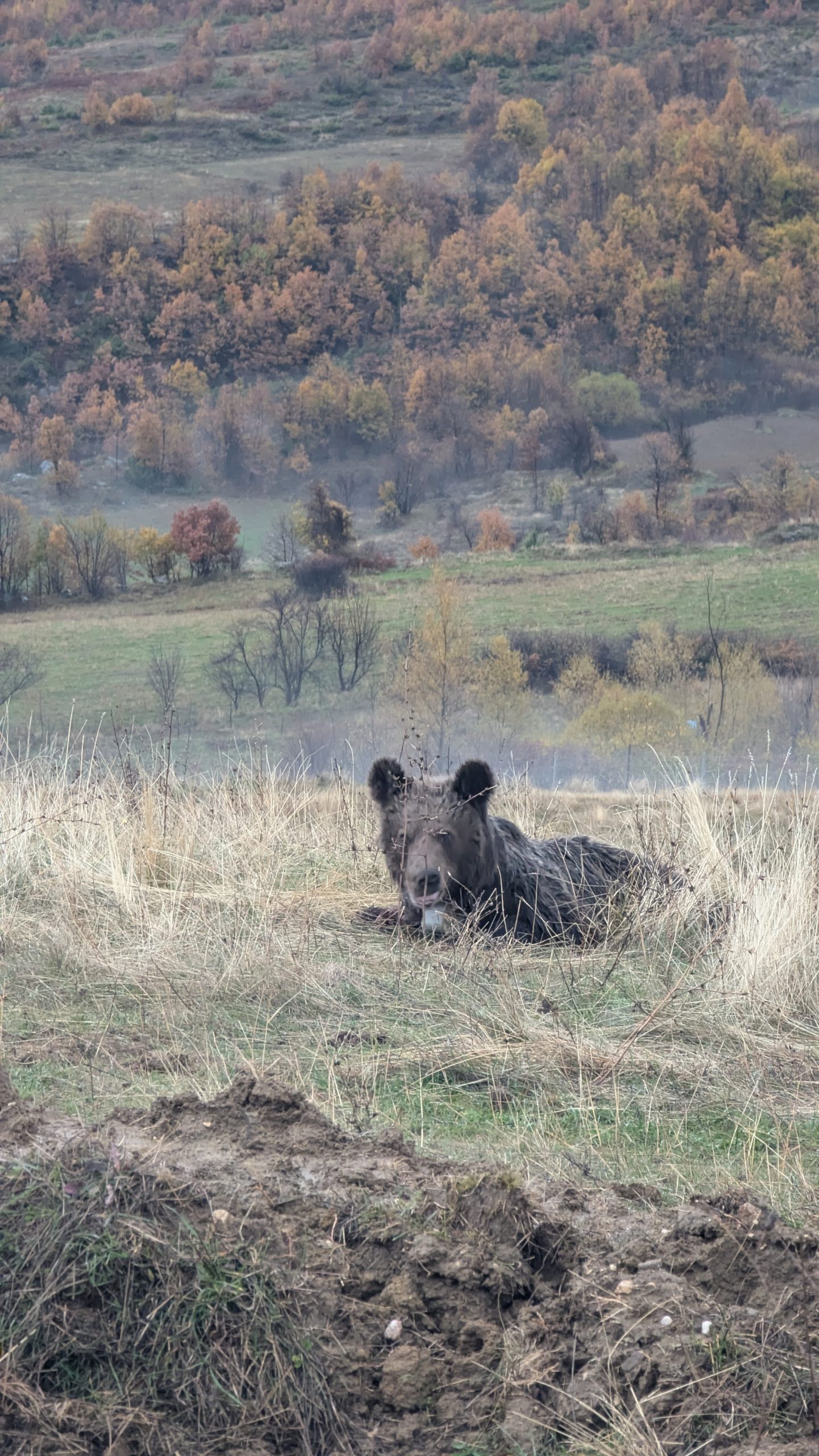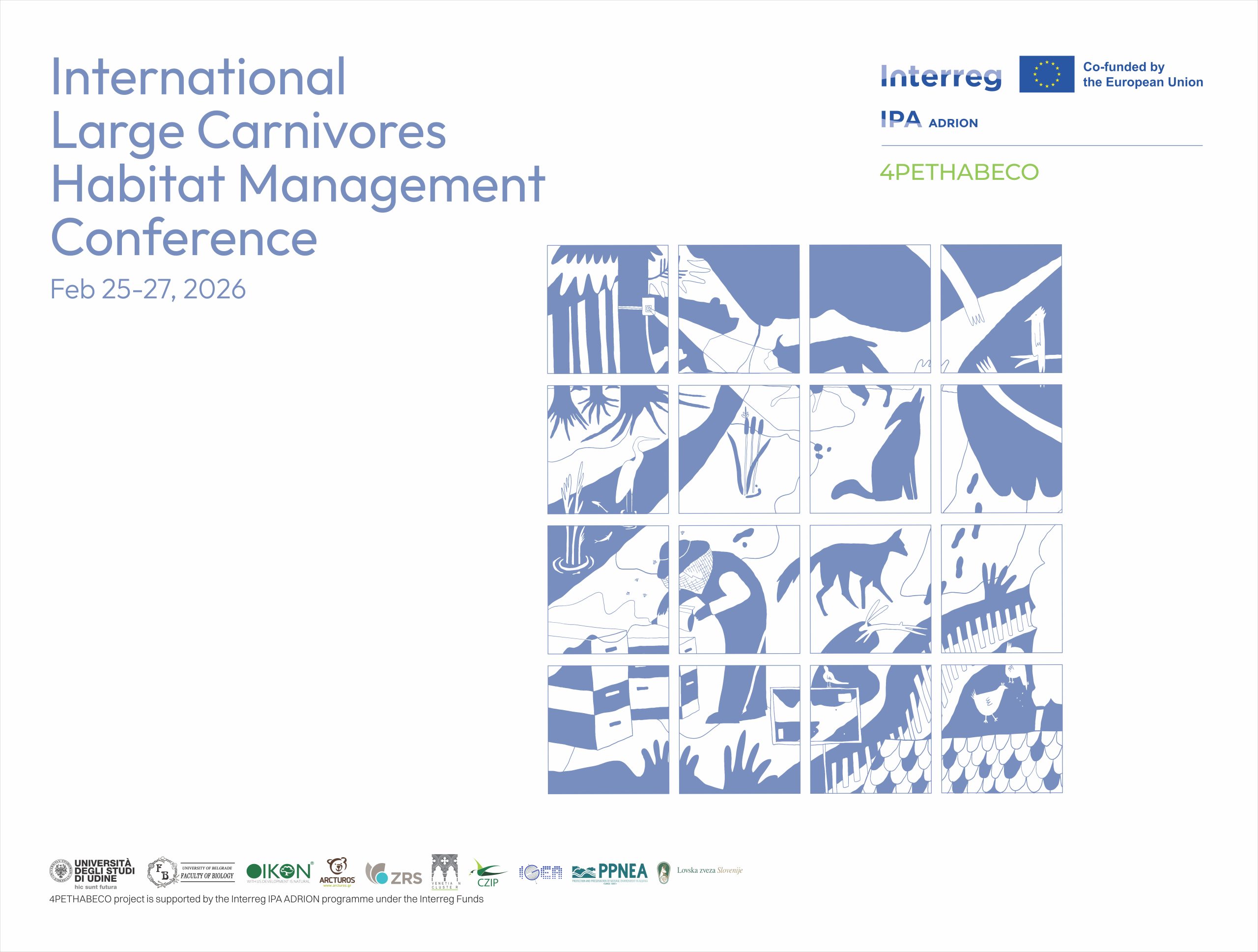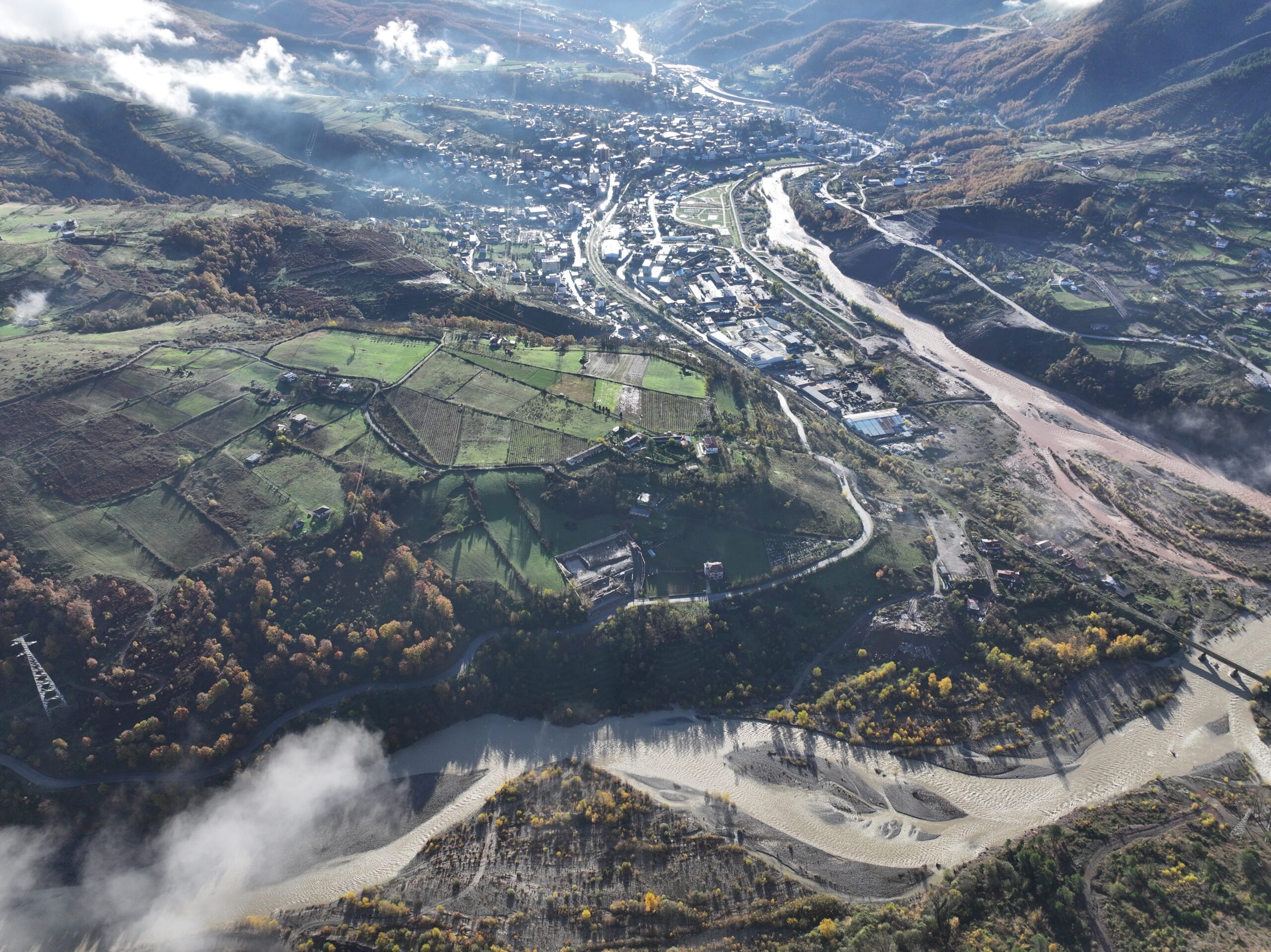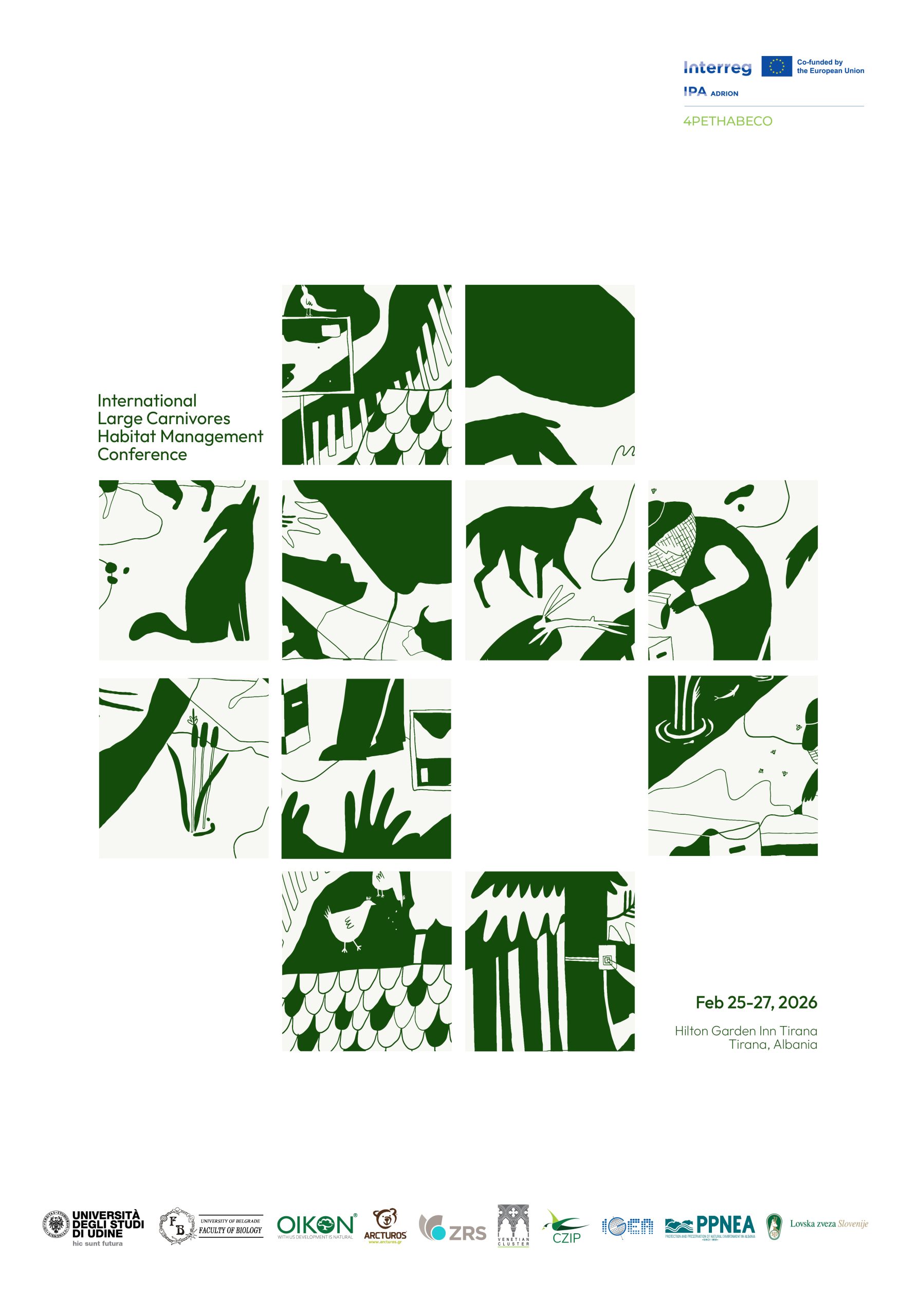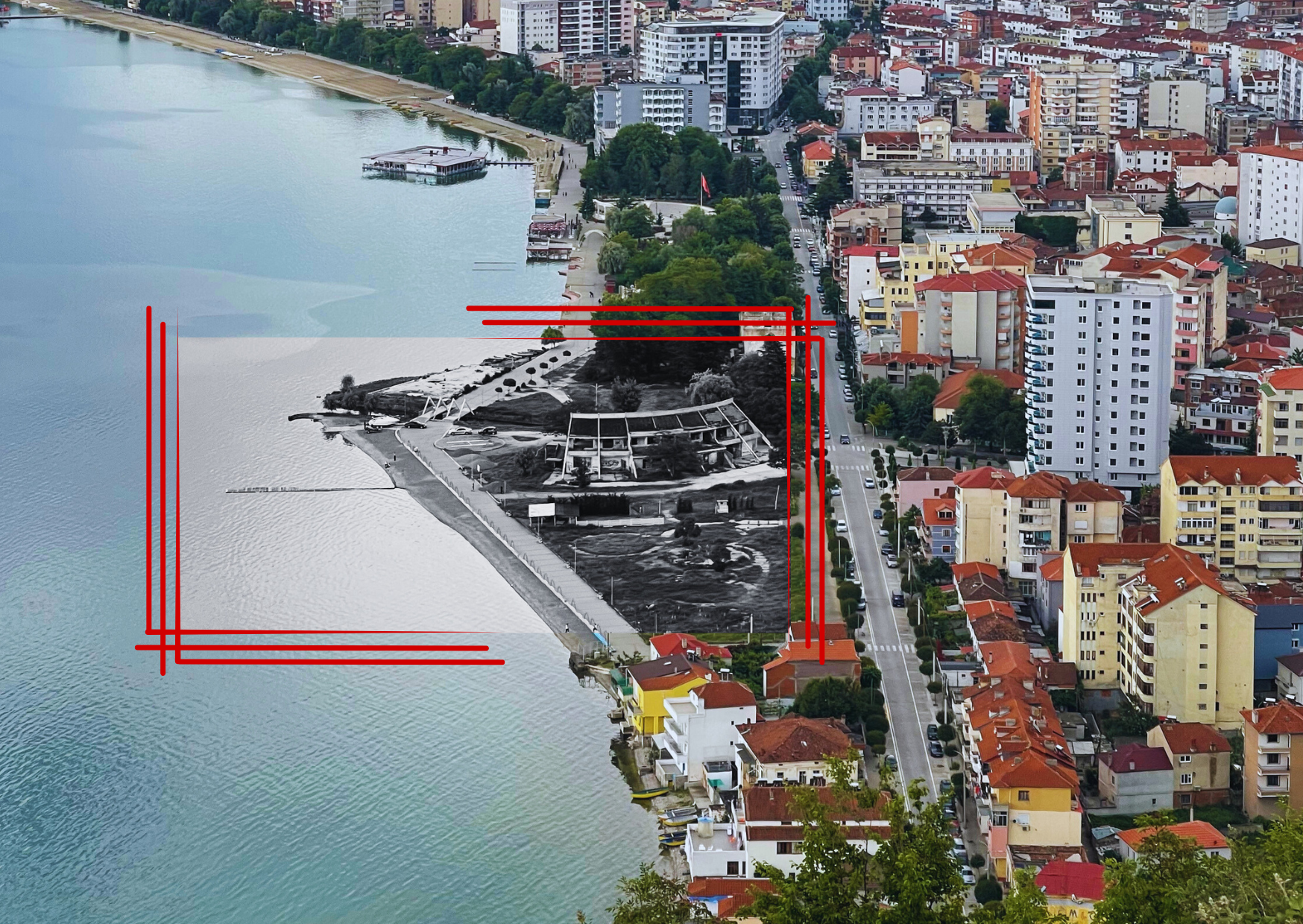Today, PPNEA received an alarming notification from RAPA Korça: a female brown bear had been caught in a snare trap in the village of Trebinja, along the Qukës–Qafë Plloçë national road. This incident is a stark reminder that threats to wildlife remain both present and dangerously real in Albania.
Snare traps, still used by some residents, pose a serious threat to wildlife, endangering not only vulnerable species such as the brown bear (Ursus arctos, legally protected and listed as “vulnerable” on the Red List), but also the safety of communities living near protected areas. This is not an isolated case; such incidents are increasing, especially during this time of year, underscoring the urgent need for continuous monitoring, awareness-raising, and coordinated institutional action.
Immediately after the alert, a specialized response team mobilized on site, including experts from PPNEA, RAPA Korça, AWRT Center, the State Police and local residents who contributed with their knowledge of the area.
Thanks to swift action and strong collaboration, the bear was released from the snare, given necessary veterinary treatment, and transported to a remote and safe area away from human settlements. To monitor her condition and better understand movement patterns in the wild, a GPS device was installed—tools that will help improve future management strategies.
This incident also recalls the case of Maya, the brown bear from the Mokra Highlands, who in December 2023 was found trapped near the village of Çezma. She was rescued and, for the first time in Albania, was equipped with a GPS collar, providing valuable data on the ecology and movements of wild bears.
Meanwhile, another brown bear, which had been trapped for seven days in the forests of the village of Memaliaj in Tepelena, sadly did not survive.
The brown bear remains an endangered species in Albania, and capturing or killing one is a criminal offense. When cases like these are reported in time, the chances of saving individuals increase significantly.
The story of Maya and the bear rescued in Trebinja clearly show that inter-institutional cooperation and community awareness are essential for protecting wildlife. Snare traps continue to be a “silent killer,” severely threatening the already limited bear population in Albania (estimated at no more than 200 individuals), as well as many other wildlife species.
PPNEA calls on responsible institutions to act:
-
Investigate these cases and bring those responsible to justice.
-
Intensify patrols in high-risk areas and enforce preventive measures to avoid similar incidents.
-
Ensure that penalties are consistent, clear, and effective, so that the practice of setting snare traps finally comes to an end.
-
Immediately formalize the BET rescue team—an ongoing request by PPNEA in every meeting—ensuring its sustainable operation and rapid response on the ground.
-
The Ministry must promptly take the institutional steps needed to approve and operationalize this team, allocating a dedicated annual budget as requested for years.
This operation demonstrates that protecting the brown bear and biodiversity requires a unified, science-based, and sustainable approach—bringing together the expertise and commitment of all actors working in the field.
